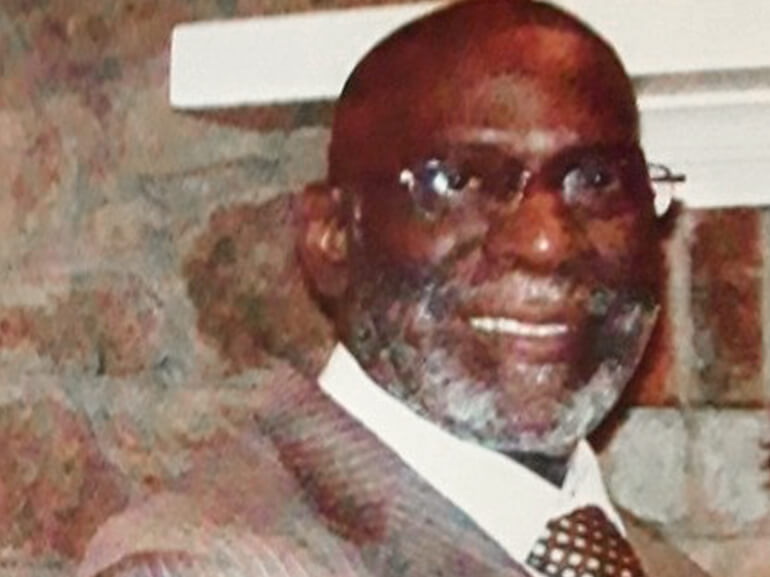Marshall's Story

Showing that “Orange Mount fight”
After routine dialysis treatment, Marshall Carr began having severe stomach pain. Staff at the center dialed 911 and an ambulance transported him to the local hospital’s emergency room. Doctors found that Marshall had peritonitis (a serious infection in the abdominal wall), an intestinal bleed and low blood pressure. The 65-year-old was placed on a ventilator to assist his breathing and underwent several emergency surgeries to stem bleeding and control infection.
Over the next two weeks, Marshall stabilized and showed signs of being ready to liberate from the ventilator. His medical team arranged a transfer to Select Specialty Hospital – Memphis for its experience helping medically complex patients begin their recovery.
When Marshall arrived, he was determined to breathe and walk independently. A physician-led team of nurses, therapists and dietitians created a plan to help him reach those goals.
Respiratory therapists continued to work on ventilator liberation, gradually reducing its settings and leading chest, breathing and coughing exercises to build stamina. This was essential because if Marshall needed additional rehabilitation, no facility in Memphis accepted patients requiring a ventilator and dialysis.
Physical and occupational therapists began a mobility program, encouraging Marshall to sit up in bed, roll and move his hands, arms, legs and feet. Though unable to walk, he was helped into a chair twice daily to build core muscles. Over time, Marshall could stand with assistance.
Whenever his spirits were down, two things lifted them: his wife sharing a scripture passage or having someone call out his high school’s chant: “Give me that Orange Mount fight!”
Marshall eventually liberated from the machine and airway support.
Although the coronavirus pandemic had restricted visitation, on April 20, his nine-year wedding anniversary, Marshall – with the help of a nursing assistant - placed a special video call to his wife. She was thrilled to see him.
Dietitians and speech therapists crafted a meal plan to transition from a pureed to a regular diet. Growing stronger, Marshall stood without assistance and took his first steps.
By May, he was ready for the next phase of recovery, a skilled nursing facility, where Marshall continued building strength and independence before heading home.